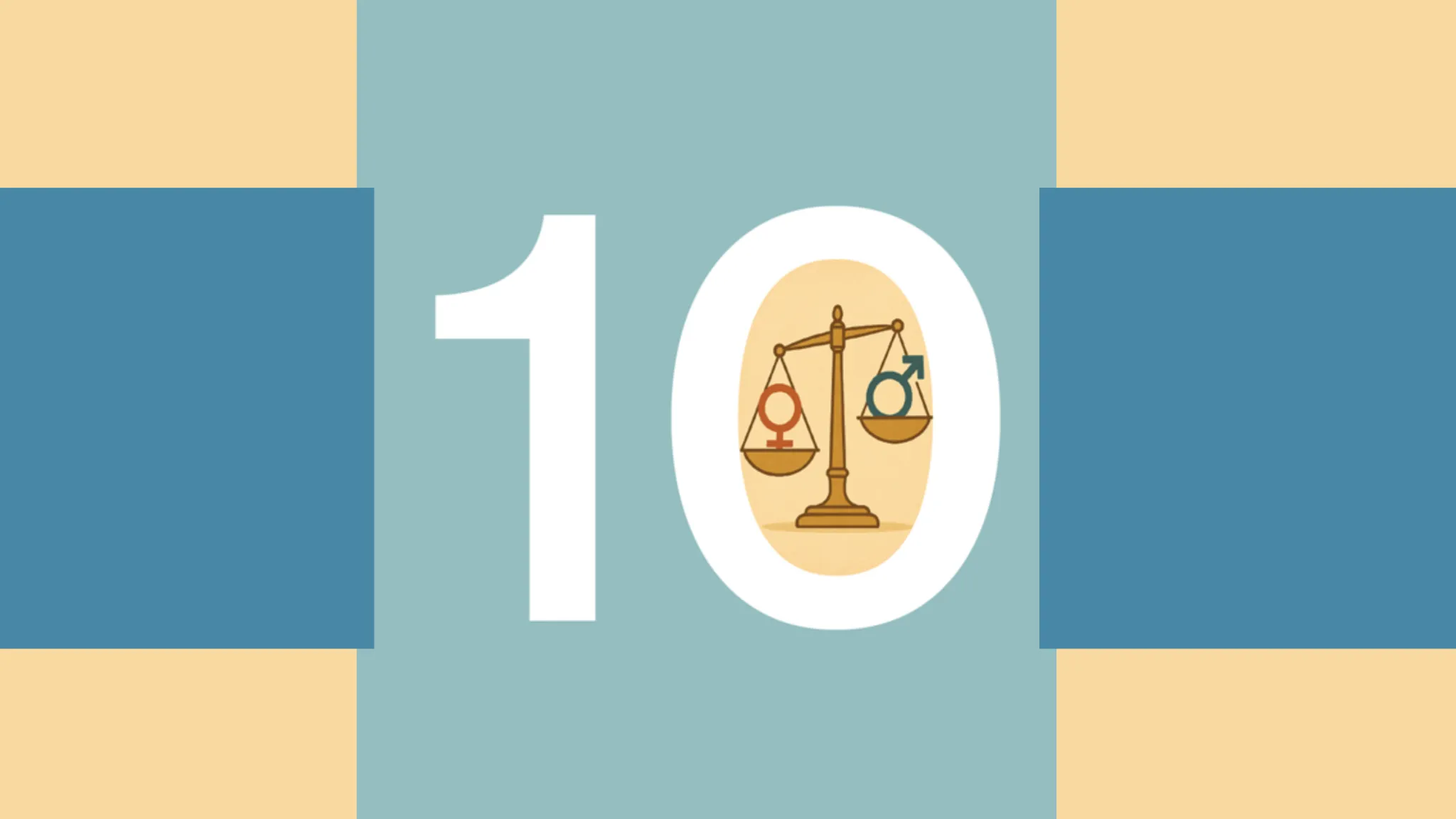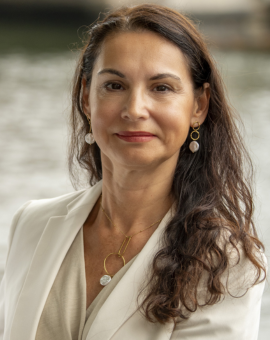A Decade of Action: The Fragile State of SDG 5 and SDG 16

A decade after the adoption of the 2030 Agenda, the latest analysis by International IDEA shows a concerning outlook for SDG 5 (Gender Equality) and SDG 16 (Peace, Justice and Strong Institutions)—two critical enablers of the Sustainable Development Goals. Drawing from the Global State of Democracy Indices, the report reveals global regression on SDG 16 and the four dimensions of democracy that underpin it (Representation, Rights, Rule of Law and Participation), with limited progress on SDG 5. Yet, some countries are making progress, and that progress must be celebrated and supported.
Peace, Justice, and Strong Institutions (SDG 16)
The global average for all four democratic pillars of the GSoD Indices—Representation, Rights, Rule of Law, and Participation—have declined globally since 2015. These indicators offer a comprehensive view of 6 out of the 12 targets of SDG 16, including 16.1, 16.3, 16.5, 16.6, 16.7, and 16.10. The data reveals declines on five of the six SDG 16 targets that International IDEA measures. The most significant drops since 2015 are observed in SDG 16.6, on effective, accountable, and transparent institutions (-4.97 per cent); SDG 16.7, on representative decision-making (-4.47 per cent); and SDG 16.10, on ensuring access to information and protecting fundamental freedoms (-4.32 per cent). The only target that shows some improvement is SDG 16.5, on reducing corruption (+1.53 per cent).
Out of the four GSoD indicators, Representation has seen the sharpest drop (Table 1), especially in Credible Elections, Elected Government and Effective Parliament—often driven by declining electoral integrity, an increase in coups, and disputed elections. The data shows that freedom of expression and access to information through independent media have come under threat in many regions. Yet, not all findings are negative: SDG 16.5 on reducing corruption has shown modest improvement. However, of the 31 countries that improved on this indicator, over a third still face high levels of corruption—dropping from very high to high—and none achieved low levels.
Table 1. Percentage change in GSoD indicators globally and number of countries demonstrating significant declines or advances, 2015–2024
|
GSoD indicator |
% change globally |
Number of countries declining |
Number of countries advancing |
|
Representation |
-7.39 |
33 |
9 |
|
Rights |
-3.44 |
13 |
6 |
|
Rule of Law |
-3.16 |
39 |
17 |
|
Participation |
-4.19 |
10 |
3 |
Gender Equality (SDG 5)
Gender Equality scores have risen globally by just over 2 per cent since 2015, with Latin America and the Caribbean and Europe making the most progress (Table 2). While women’s parliamentary representation has increased in most regions—especially in Asia and the Pacific and the Americas—progress remains slow, with women holding only 27 per cent of parliamentary seats globally. Democratic backsliding and shrinking civic space are also driving attacks on women and contribute to undermine gender equality. Women’s participation in civil society has declined in Asia, the Pacific, and Europe, and freedom of discussion for women has decreased by a dramatic 25 per cent worldwide since 2015. The analysis highlights Afghanistan and Madagascar as countries experiencing significant setbacks due to conflict, restrictive regimes, or persistent patriarchal norms. Nevertheless, countries such as Costa Rica, Egypt, Moldova, and The Gambia show that legal reforms, gender quotas, and political will can help protect and promote gender equality, even under challenging circumstances.
Table 2. Change in Gender Equality scores, 2015–2024
|
Region and subregion |
% change |
|
Asia and the Pacific |
-0.60 |
|
South Asia |
-6.22 |
|
Central Asia |
-2.37 |
|
East Asia |
-0.72 |
|
Africa |
+0.91 |
|
Southern Africa |
-2.57 |
|
Europe |
+4.13 |
|
Latin America and Caribbean |
+4.35 |
|
North America |
-5.31 |
An Urgent Call to Action
The findings make clear that gender equality and democratic resilience are deeply intertwined. The erosion of democratic institutions disproportionately harms women, undermining gains made through decades of advocacy and struggle. With growing threats from authoritarianism, setbacks to gender equality, and cuts to foreign assistance for democracy and rights programming, the report calls for renewed political will, stronger institutions, and sustained support for SDG 5 and SDG 16. Without decisive action, the promise of the 2030 Agenda risks slipping permanently out of reach.
Read the full report here.





